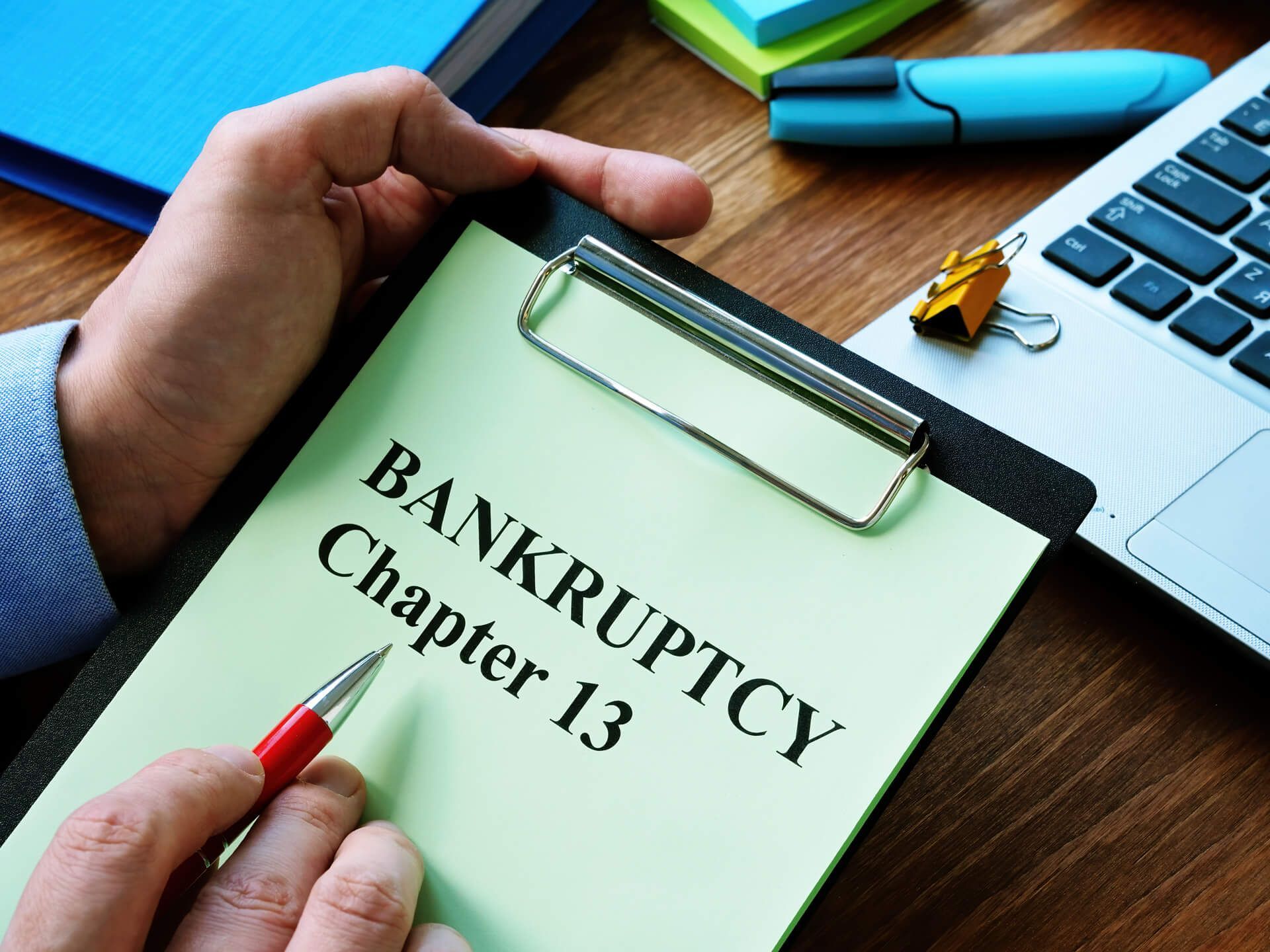FAQs About Chapter 7 Bankruptcy
Relieve Financial Stress with Chapter 13 or 7 Bankruptcy
Get rid of your financial burden by filing Chapter 13 or Chapter 7 bankruptcy under the guidance of our experienced attorney at Elizabeth A. Bartlow Attorney At Law.
Frequently Asked Questions
What is Chapter 7 Bankruptcy?
Chapter 7 Bankruptcy involves the liquidation of debts. When you file for this form of bankruptcy protection, you will turn over the nonexempt property to a trustee of the court, who will then liquidate the property in order to pay your creditors. However, for most debtors, your property is exempt and will not need to be turned over to the court.
What Is a Discharge?
A discharge is a release of a debt obligation by the court.
Are Some Debts Not Dischargeable Under Chapter 7 Bankruptcy?
Most debts are dischargeable under Chapter 7, with a few exceptions, such as some tax debts, most student loans, alimony and child support, and for fraud or other illegal activities.
Is It Possible I Won't Be Able to File for Chapter 7 Bankruptcy?
There are several reasons why you might not be eligible to file for Chapter 7 Bankruptcy. The reasons include: If you have been granted protection under Chapter 7 in the past eight years if you conceal or transfer property in an attempt to defraud your creditors or the court trustee, or if you make false statements in your bankruptcy case.
Can Spouses Jointly File a Chapter 7 Bankruptcy Petition?
If debts are jointly owned by both spouses, then they should file jointly, to avoid a creditor attempting to collect on the debt from the other spouse at a later date.
Will Filing for Chapter 7 Bankruptcy Protection Affect My Credit Rating?
It could make your credit rating worse. But because some of your debts are discharged in the proceeding, it might also improve it.
What Is Chapter 13 Bankruptcy?
Chapter 13 Bankruptcy is essentially a court-supervised debt restructuring and repayment plan.
How Is That Different From a Debt Consolidation Service?
Under Chapter 13 Bankruptcy, the court has the power to prevent creditors from foreclosing on the property or attaching wages. Chapter 13 provides for legal safeguards that debt consolidation services cannot provide.
How Is Chapter 13 Different From Chapter 7 Bankruptcy?
Under Chapter 7 Bankruptcy, sometimes some or all of the debtor’s nonexempt property is sold to pay off creditors. In a Chapter 13 Bankruptcy, some of the debtor’s income is used to pay off some or all of the debt over a period of three to five years.
Will All Debts Be Completely Repaid Under Chapter 13 Bankruptcy?
Not necessarily. Some debts, such as those for alimony, child support, and taxes have to be completely repaid; other debts will be repaid to the extent that the debtor can afford them, based on their income.
Who Is a Trustee?
A trustee is a person appointed by the court to administer the repayment plan agreed upon under the Chapter 13 Bankruptcy filing. The trustee collects
the payment from the debtor and pays the creditors.
Call for a FREE initial consultation.
Learn the difference between Chapter 7 and Chapter 13 Bankruptcy and why filing for bankruptcy protection might be right for you.


